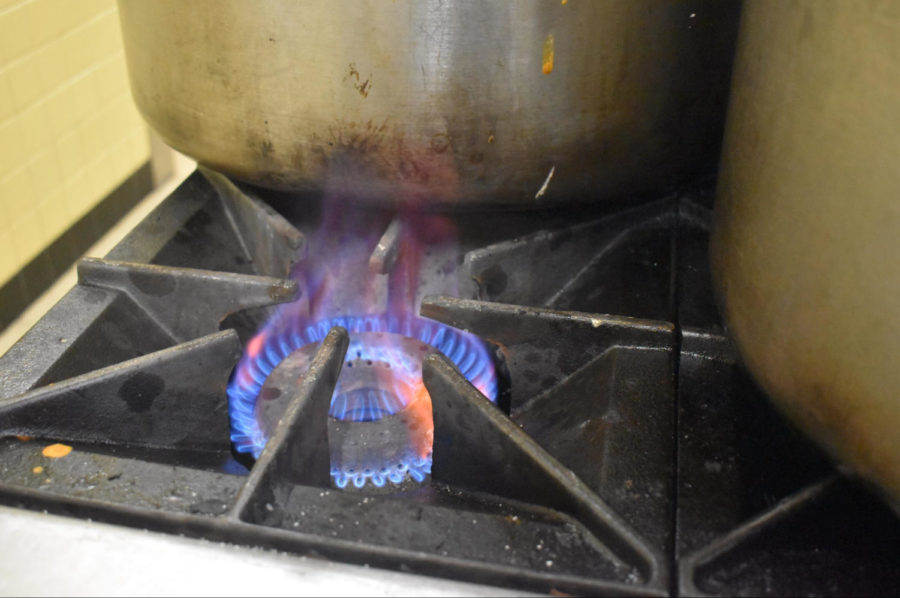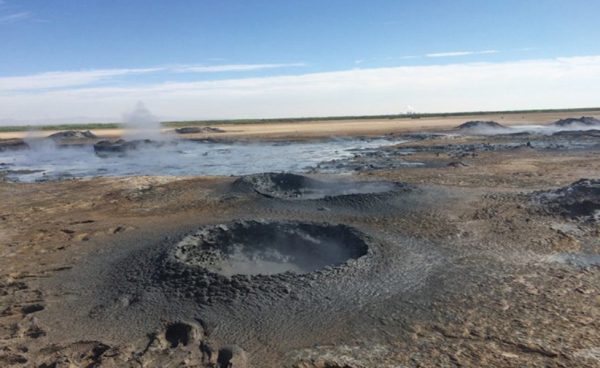Gas stoves ignite environmental concerns
A ban on gas stoves is being proposed by the US Consumer Product Safety Commission.
May 23, 2023
The US Consumer Product Safety Commission is considering a ban on gas stoves to address the harmful pollutants they produce.
Gas stoves have been linked to childhood asthma and the International Journal of Environmental Research and Public Health found that about 12 percent of current childhood asthma cases have been linked back to the pollutants produced by gas stoves.
A Bloomberg article titled “US Safety Agency to Consider Ban on Gas Stoves Amid Health Fears” states, “Natural gas stoves, which are used in about 40 percent of homes in the US, emit air pollutants such as nitrogen dioxide, carbon monoxide and fine particulate matter at levels the EPA and World Health Organization have said are unsafe and linked to respiratory illness, cardiovascular problems, cancer, and other health conditions…. ”
Jill Notini, a vice president of the Association of Home Appliance Manufacturers stated, “Ventilation is really where this discussion should be, rather than banning one particular type of technology. Banning one type of a cooking appliance is not going to address the concerns about overall indoor air quality. We may need some behavior change, we may need [people] to turn on their hoods when cooking.”
If you cook with an electric stove, it’s not as effective as a gas stove.
— Timothy Yuen ’26
Actions by cities and states are already being made. In 2021, the New York City Council voted to ban natural gas hookups in buildings smaller than seven stories. The California Air Resources Board unanimously voted in September 2022 to ban the sale of natural gas furnaces and water heaters by 2030.
Timothy Yuen ’26 said, “I guess it’s good for the environment but I feel like gas is more useful. If you cook with an electric stove, it’s not as effective as a gas stove.”
To cover the costs of switching from gas to electricity for low and moderate-income households, the Inflation Reduction Act includes funding of up to $4.5 billion.
Michael O’Brien, AP Environmental Sciences teacher, said, “Are we as a nation prepared to support one hundred percent electrical devices considering the massive increase in electric cars alone, and if we can’t even support that infrastructure how are we supposed to support the onslaught of electricity needed in order to completely get rid of gas burning devices?”
If the ban is passed, the transition from gas products to electric products over the next few years will change the course of the economy and way of life for the next few decades.













